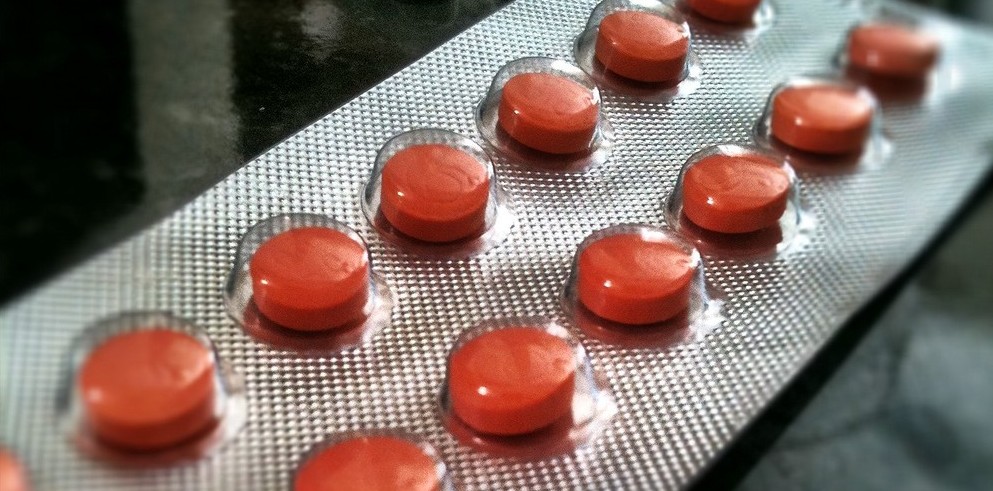Academic calls for ‘study drug’ testing
A Cambridge academic called last month for students to be drug tested for ‘study drugs’.
Professor Barbara Sahakian, a neuroscientist at the University of Cambridge, said in a report in the Telegraph that more and more students were complaining to her that their peers were using study drugs – which she calls ‘smart drugs’ – to gain an unfair advantage.
A recent EPAIS graduate spoke to the Boar about her use of study drugs.
She said she has used Daytrana, a type of Ritalin patch, and modafinil, a wakefulness-promoting drug.
She used the drugs, which she obtained from friends, to cope with university work, to lose weight, and for recreational purposes.
She also used them for her final exams and said they helped her concentrate and stay awake while studying, though she was unsure of the effect they had in the exam room itself.
She admitted that testing students for study drugs before exams would be “just and fair”. However, she believed it would “damage the sociocultural merit of recreational drug use in university.”
She said: “Drug use, just like binge drinking, has its place as a traditional university experience.
“I do not consider Ritalin use an egregious cheating offence, that is, if it can even be considered cheating… It simply keeps one awake the way coffee does, and it may increase concentration, which is not really a bad thing. I do not think it increases information retention rate.”
With regard to side effects, she said she had experienced insomnia and a loss of appetite.
Press and Communications Manager, Kelly Parkes-Harrison, commented: “The University has policies for dealing with illegal or banned substances, but does not have a specific policy for ‘study drugs’.
“For any students who want help and advice, there is a wide range of resources. Counselling, Mental Health and Student Support would be able to offer alternative suggestions for coping mechanisms for any students who feel they are struggling with any demands and stresses.”
She did not respond to a question about whether or not Warwick University would ever consider drug testing students.
Professor Donald Singer, a member of the British Pharmacological Society and professor of clinical pharmacology at Warwick Medical School, said in the Telegraph:
“Any medicines sourced from unlicensed internet pharmacies are at risk of at best poor quality drugs, and at worse dangerous contaminants in the drugs supplied.
“Universities have a duty of care to their students – both in terms of raising awareness of the risks of use of illegal stimulants, and fairness to other students who might be disadvantaged.”
This article was amended at 15.50pm on 22.07.13 due to a source retracting a quote.

Comments (1)
I think it is important to mark a clear difference between the lab
produced pharma ‘smart drugs’ like Ritalin or Adderall and the popular
more natural alternatives like BrainSmart Ultra http://store.brain-smart.net/ultra-with-cognicetam/
Natural brain supplements deliver side effect free ways to improve brain
performance and memory recall but the term ‘drugs’ means they are
lumped in with the whole .Has anyone tries both types and which was best
– pharma or natural ?